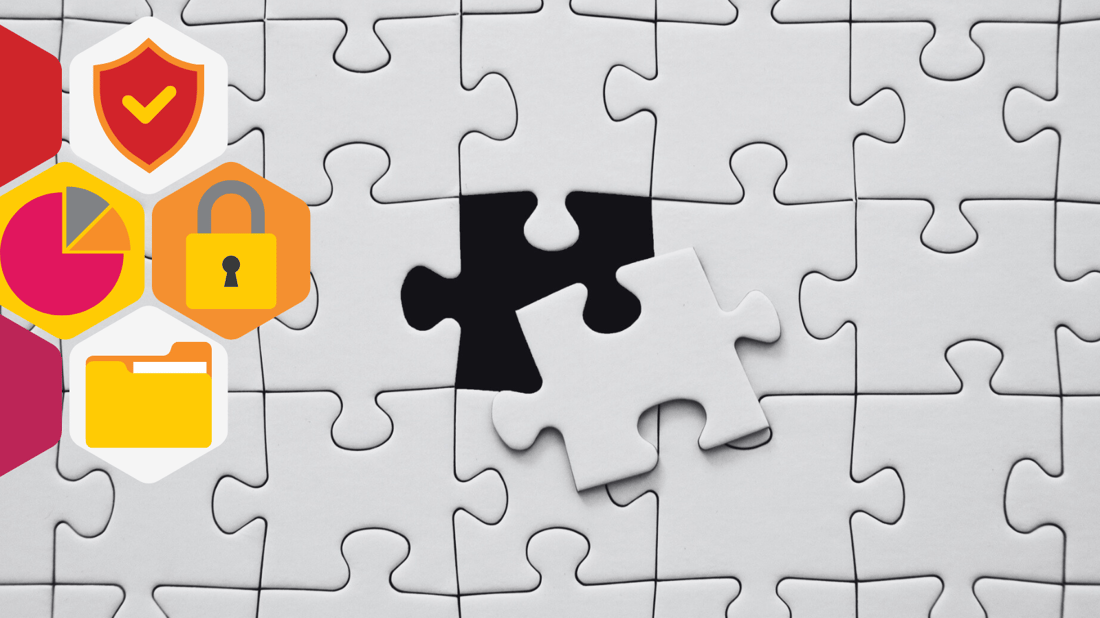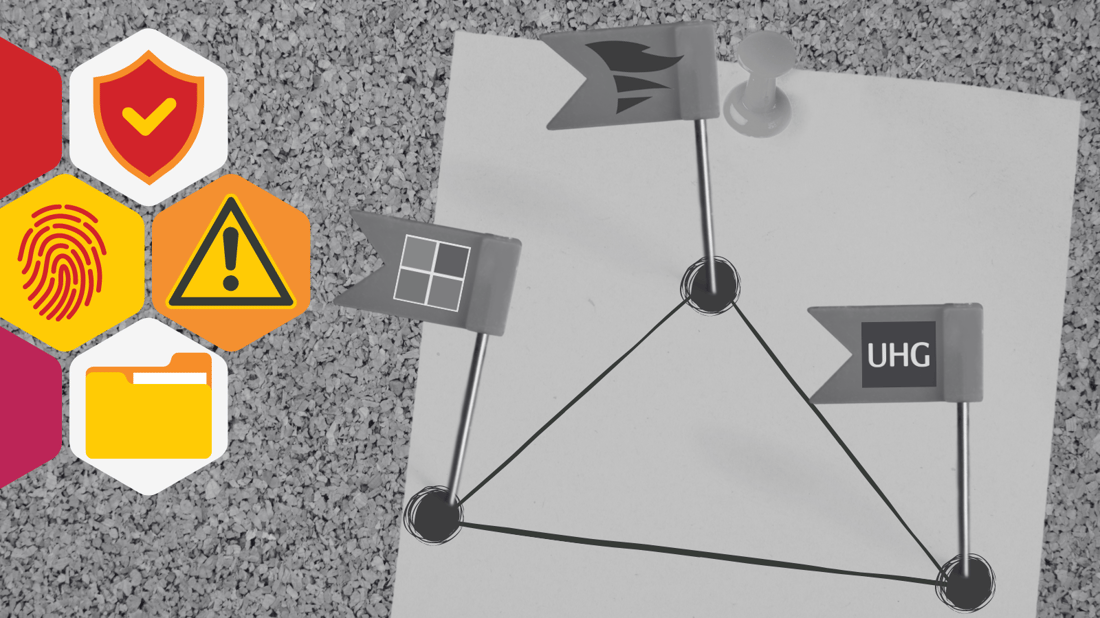Cybersecurity Laws
These are the rules and regulations governing digital space. They determine what is considered lawful or unlawful in cyberspace. For instance, hacking into someone else's or the government's computer system without permission is illegal in many places.
Cybersecurity Ethics
Think of ethics as the guiding principles of good behavior in the digital realm. It's not just about what's legal; it's about what's right. An example would be refraining from creating malware on websites or services that could harm innocent users.
Understanding these aspects is fundamental for developers. It ensures that as they craft lines of code, they do so with a clear moral compass and knowledge of the legal boundaries. It's the very foundation of building secure and ethical software.
Demystifying Frameworks: Your Guide to MITRE ATT&CK
MITRE ATT&CK Framework
Think of it as a comprehensive playbook that lists various tactics, techniques, and procedures that cyber adversaries employ to infiltrate organizations and compromise systems. For instance, it details tactics like 'Initial Access' and 'Execution,' along with techniques such as 'Phishing' or 'Exploiting Public-Facing Applications.'
This framework helps developers and cybersecurity professionals get into the mindset of adversaries and understand how cyber attacks themselves are executed.
Frameworks' Role
These frameworks serve as guides and tools that developers can use to navigate the intricate maze of cybersecurity. They help in identifying vulnerabilities, formulating effective defenses, and understanding the company and its entire threat landscape. The knowledge of such frameworks provides the insights required to build robust security into applications.
So, for developers, embracing frameworks like MITRE ATT&CK is akin to having a trusted map through the treacherous waters of the developing cyber world. It's a fundamental step in building a secure digital future.
Building a Strong Cyber-Secure Foundation

Foundational Knowledge
Imagine you're learning to build a house. You start with the basics: understanding the tools, materials, and techniques. Similarly, foundational knowledge in cybersecurity involves knowing the essentials, or skills, such as common attack vectors, encryption basics, and security principles.
Comprehensive Understanding
Just like a house needs a well-laid foundation to support everything above it, cybersecurity knowledge provides students with the basis for comprehending the complex issues and intricacies of the digital world. It's not about becoming a security expert overnight; it's about getting acquainted with the essential concepts.
Mitigating Risks
In construction, a strong foundation ensures the house can withstand various challenges, like weather or wear and tear. In the digital realm, foundational cybersecurity knowledge equips developers to mitigate security risks effectively. It helps in identifying vulnerabilities, implementing security measures, protecting themselves, and making informed decisions throughout the development process.
Adaptive Learning
The construction industry continually updates materials and techniques. Similarly, cybersecurity evolves rapidly. With a solid foundation, website developers can adapt to these changes and stay current with the latest threats, technologies, and defenses.
Pentesters: Your Unlikely Allies in Cybersecurity
When you hear the term "pentester," you might picture a person as a shadowy figure hunched over a keyboard, trying to break into systems and computers. However, the reality of penetration testing (pentesting) is quite different, and understanding this can be a game-changer for developers in the realm of cybersecurity.
Shared Responsibility
Cybersecurity is a collaborative effort. Developers create the digital infrastructure, while pentesters analyze it for vulnerabilities. This collaboration strengthens your cyber security and posture. Developers and pentesters share the responsibility of safeguarding your systems. It's in the same realm as building a fortified castle together and then inviting someone to check if the walls are impenetrable.
The Role of Security in Development:
Pushing Left for a Stronger Defense

Pushing Left in Development
The idea is simple yet transformative. Instead of waiting until the end to address security issues, you move the focus to the beginning of the development timeline. In other words, security considerations are integrated from the very start, becoming an intrinsic part of the process. It's like building a castle with security features embedded in its very foundation.
The Power of Early Security
The benefits of this approach are remarkable. By considering security aspects early on, developers and companies can identify and mitigate vulnerabilities before they become major issues. This not only reduces the risk of cyberattacks but also saves time and resources. Think of it as constructing a fortress with strong walls from the beginning to fend off potential threats.
Forging a Secure and Collaborative Future
In the dynamic landscape of cybersecurity and software development, collaboration is key. Developers, hackers, and penetration testers, often seen as distinct entities, must come together to develop together in a spirit of cooperation. It's not just about implementing security measures; it's about fostering a positive security culture.
Positive Security Culture
By cultivating a culture of security, developers, and pentesters can establish a shared understanding of the importance of cybersecurity. This culture of vigilance, accountability, and mutual respect enables both sides to work cohesively to build safer digital products. It's a commitment to data security that runs deep and is an inherent part of the development process.
Collaboration at its Core
In the end, cybersecurity isn't just a technical challenge; it's a people's challenge. It's about forging a future where security is a foundational part of digital development, where knowledge, ethics, and practical frameworks merge into a harmonious whole. The developers who understand the laws and ethics, embrace essential frameworks, build their knowledge, and collaborate with pentesters are the architects of a safer, more secure digital world.
Together, they're pushing the boundaries of what's possible while ensuring that these boundaries are resilient against threats. It's a journey, and as we traverse it, we discover the power of partnership in crafting a secure digital future.
More from the Trenches!

Revealing Missing Security Metrics
The more we dug into it, the more we realized there was a lack of emphasis on relevant security awareness metrics. This absence forms a crucial...
3 min read

Culture and Accountability in Cyber Risk: Connecting the Dots on Microsoft, UnitedHealth, and Solarwinds
It’s never been quite so clear. Recent high-profile breaches and regulatory responses have amplified the urgent need for organizations to address and...
8 min read
We've Got You Covered!
Subscribe to our newsletters for the latest news and insights.
For Practitioners
Stay updated with best practices to enhance your workforce.
For Executives
Get the latest on strategic risk for Executives and Managers.

